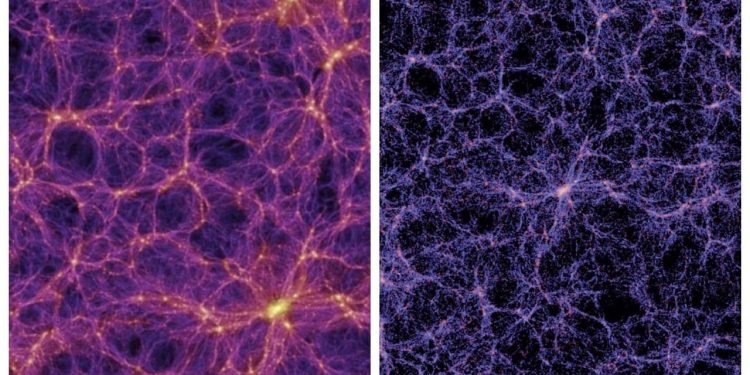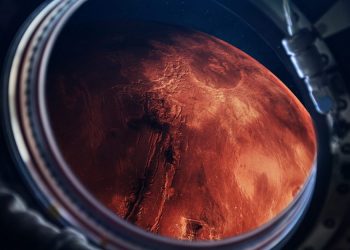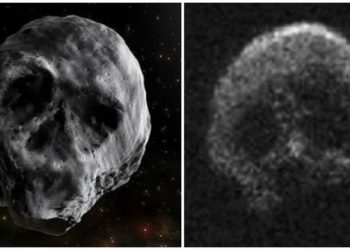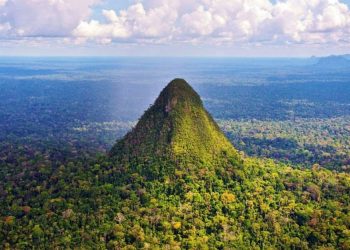Does the universe resemble the human brain or the opposite? This has been suggested by a new bold study by two Italian scientists – neurosurgeon Alberto Feletti and astrophysicist Franco Vazza. Although the difference in size is immeasurable, experts have successfully compared the cosmic network of galaxies and the neural network in the human brain.
The similarities have struck scientists and stimulated a number of new tests that have led to current discoveries. If I had to explain this briefly, I would say that the findings prove that physical processes of a completely different nature and size in a completely different space can lead to identical results.
Brain-Universe Comparison
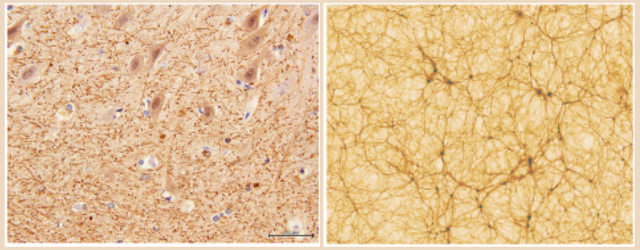
Let’s look at the similarities shown between the brain and the network of galaxies, and you decide whether or not you agree with this amazing discovery.
Imagine a network of neurons in the brain – they number nearly 70 billion. The network of galaxies in the universe that we know includes even more “neurons” – about 100 billion galaxies.
And I repeat, there is no way to compare them by size, only by composition. And precisely because of this, let’s take a closer look at the mass of these two complex systems. What galaxies and neurons have in common is the space they occupy in a given space.
We are talking about a mass of no more than 30% in both cases. The rest of the filling occupies the remaining percentages – when we talk about the brain, it’s water, and when we talk about the universe’s mass, it’s dark energy.
The scientific experiments
These facts laid the foundations for the tests of the two Italian scientists. Comparing the distribution of matter first in a simulation of a network of galaxies and then in the brain, they find incredible similarities between the two totally different systems.
As astrophysicist Franco Vazza explained it, they used a standard cosmology technique. They calculated the power spectrum, which gave the following results:
“For both systems, we calculated the power spectrum : a standard technique used in cosmology to study the spatial distribution of galaxies”, explains Franco Vazza . “From this analysis it emerged that the distribution of fluctuations in the neuronal network in the cerebellum, on scales from 1 micrometer up to 0.1 mm, has the same trend as the distribution of matter in the cosmic web , on scales ranging from 5 million light years up to 500 million light years “.
Moreover, they experimented with other parameters of the brain and the cosmic network of galaxies and found other striking similarities. Most importantly, whatever you prefer, the structural characteristics or parameters are unexpectedly similar.
This hints at the theory that the two networks or systems form and develop following identical physical principles, despite the absolute difference in the force and nature of the interactions.
According to Alberto Feletti, the neurosurgeon who participated in the study:
“There is a greater similarity between the structure of these two complex networks than between the cosmic network and a single galaxy, or between the neuronal network and the interior of a neuronal body.”
To sum up, this new bold study is only the beginning of a series of more thoroughgoing research that could completely change our perception and overall understanding of the universe and the human brain.
If you want to read the published study in Frontiers of Physics, follow the link HERE.
Join the discussion and participate in awesome giveaways in our mobile Telegram group. Join Curiosmos on Telegram Today. t.me/Curiosmos



